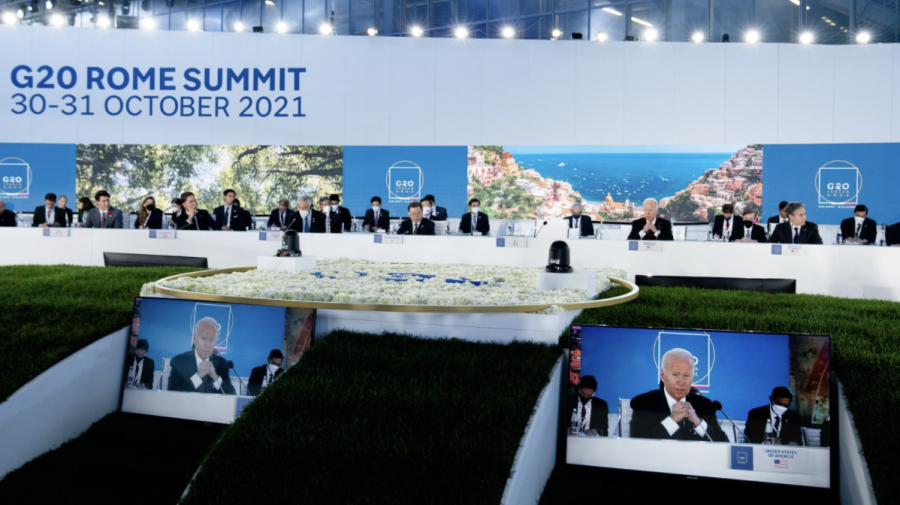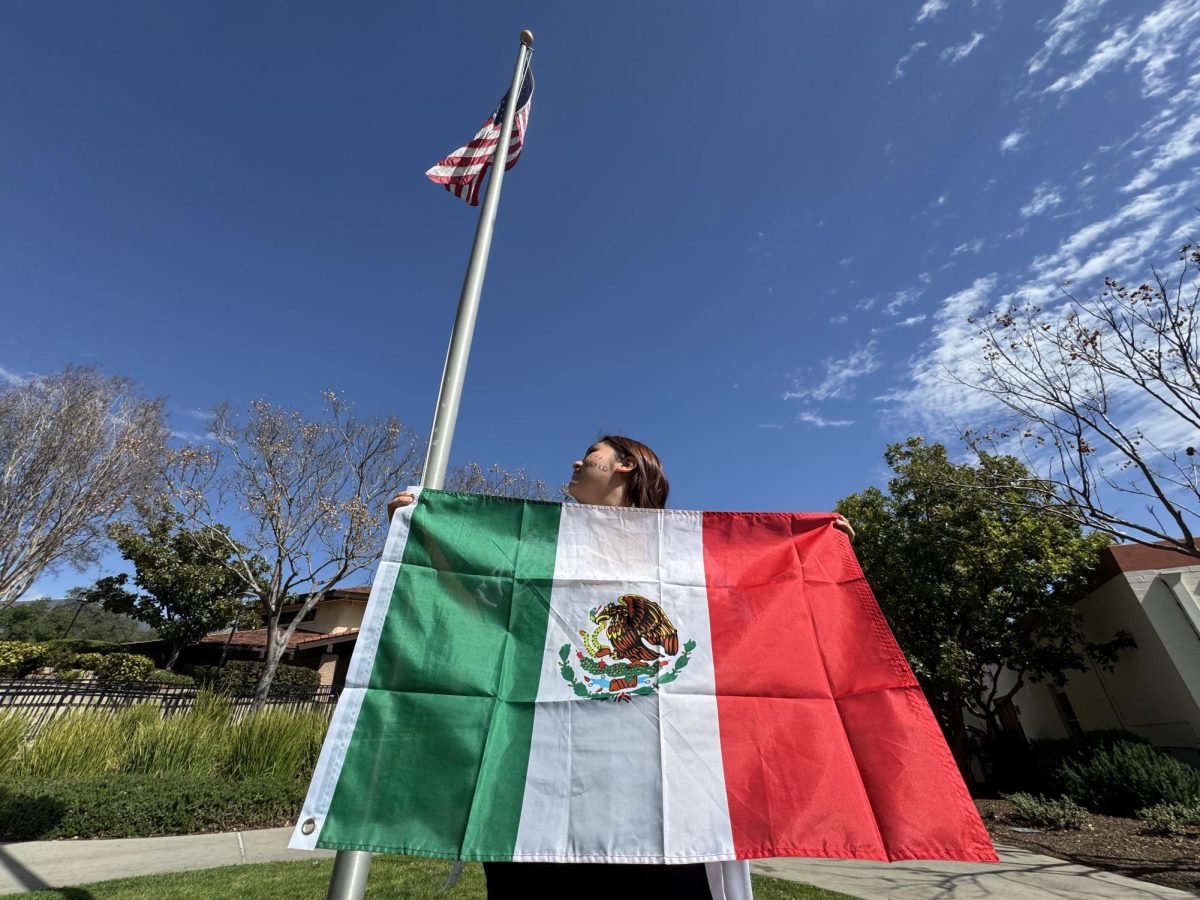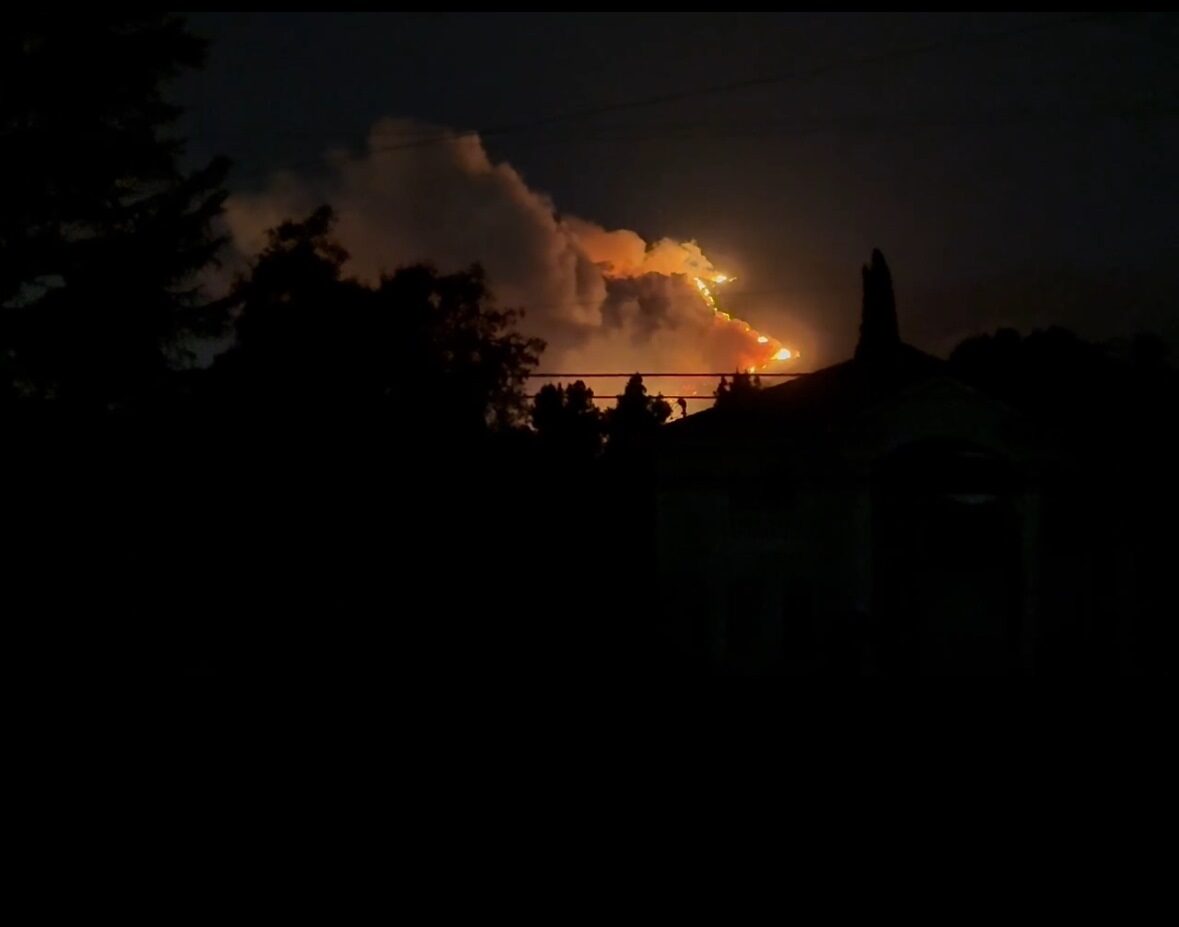On a scorching November day, Webb students walk up gym hill in the 90-degree heat, completely unaware of the abnormality of this climate. As California has long gained a reputation as one of the hottest and driest states, this rigid impression prevents people from realizing the aggravation of global warming. And 90-degree days during winter months gradually became the norm.
From October 30th to 31st of this year, the annual G20 Summit was held in Rome, Italy, and world leaders from 20 countries, including the European Union, met to discuss global challenges. The main agenda included addressing climate change, handling the pandemic, and improving the economy. This conference was meant to encourage international cooperation, giving world leaders a chance to communicate face-to-face and express their concerns and interests. The leaders’ main goal was to reach a common consensus and produce practical policies to implement in each country.
“I think that the G20 represents global cooperation in a way that could be perceived as performative, but ultimately forces powerful nations to be on the record on their stance about important issues like climate change or the pandemic,” said Rae Brookshire, humanities department faculty.
Interestingly, leaders from both China and Russia were absent from this summit, due to concerns about traveling during COVID. However, a few days before this event, China demonstrated its commitment to combating climate change when President Xi Jinping outlined a five-year plan to limit domestic coal consumption. Under this plan, China’s coal consumption is projected to peak in 2025 and drop afterward.
“Under the past administration, there was significant strain between these two countries and the United States,” Ms. Brookshire said. “One promise of the incoming Biden administration is to repair the relationships through smart diplomacy, but the pandemic has slowed that process, and we haven’t seen the repeal of tariffs.”
A museum faculty member, Gabriel Santos, added his opinions on foreign relations and America’s current administration.
“I think the new administration is one that will maintain the status quo,” Mr. Santos said.
While the absence of these two countries might be disappointing, it allowed Biden to persuade other countries more easily, seen from the unanimous agreement on posing global minimum tax on large corporations.
The representatives from China and Russia also pushed for international recognition for their vaccines. The two vaccines made by China, Sinopharm and Sinovac, are still not approved by W.H.O., but China has already provided 1.6 million shots to developing countries. At the same time, the US declared the ambitious goal of donating 1 billion vaccines to developing countries like Pakistan and Nigeria.
Webb students also expressed their own opinions regarding the impact of this year’s G20 Summit on the world.
“Their interactions seem to be about more than the vaccines themselves…through promoting their vaccines, they’re attempting to assert their power…using it as a way to re-establish their place in the global hierarchy,” Jackie Shugert (‘24) said.
With the conclusion of the summit, world leaders agreed to end coal financing by the end of the year and strive to contain global warming to 1.5 degrees Celsius above pre-industrial levels. Their agreement also stated that wealthy nations will transfer $100 billion a year to the southern globe, so developing countries can shift to more sustainable energy sources.
However, this grand promise remains yet to be fulfilled, and many question whether these actions are performative or practical.
“The promises are great, but it’s also insanely grand,” said Shuci Zhang (‘23), co-president of the environmental club. “I like that they are giving reparations to the global south because those are the countries that suffer the most from the consequences of climate change while contributing least to the problem.”
“I think there is something intrinsically performative about the United States taking a leading stance, based on our historically high emissions, but that doesn’t negate that action is imperative.” Ms. Brookshire said.
Students also wonder about the feasibility of implementing these policies in the US domestically.
“If you look at the history of American lawmaking, there is no way there can be any concrete change unless there’s like a bipartisan consensus,” Shuci said.
Indeed, bipartisan consensus is very challenging, considering the extremely polarized political climate that our nation is currently facing. The impact of our strained political situation diverts our attention from the more pressing concerns like climate change and forces politicians into a narrow mindset of only thinking about political agendas.
“It’s just very comical because why is loving trees and loving people and loving the environment suddenly like an extreme leftist thing,” Shuci said.
Ultimately, the solutions to climate change proposed by the summit could only slow the progression of global warming, since it is such a multifaceted problem.
“There are a lot of factors to address,” Shuci said. “Last year, we basically witnessed a huge social experiment about everyone staying at home…but global emissions only dropped by 7 percent…proving the point that it isn’t something we can fix individually. It has to be addressed systemically. Not everything should be a burden on the consumer, a lot of it has to do with how to radically redistribute resources…change the way we have our infrastructure…funding technologies…and exporting those technologies.”
These discussions allow us to grasp the immensity of this issue, and how far we still have to go. Meanwhile, it is critical that Webb as a community stay informed and continue to engage with these challenging yet important topics.









